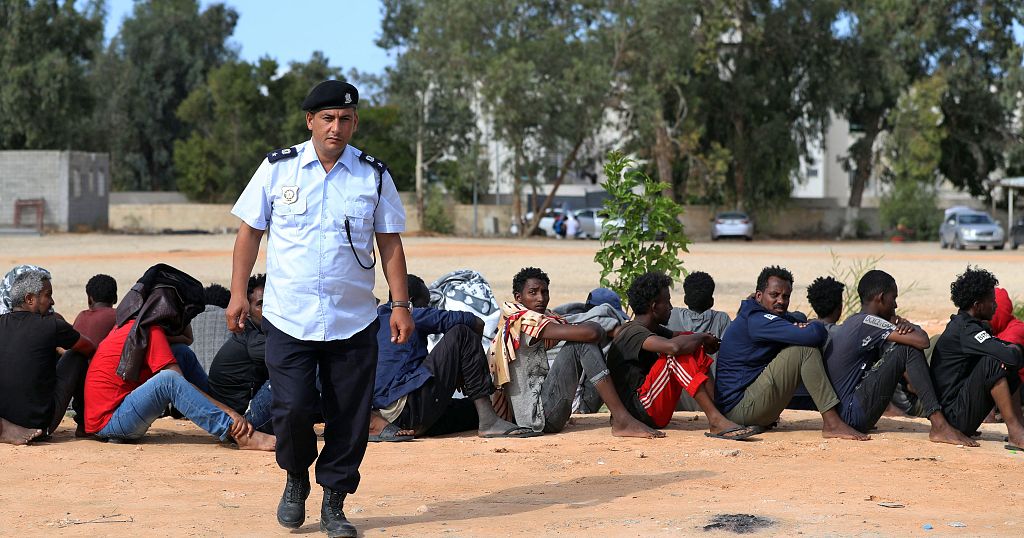Tunisia coastguard intercepts, returns 372 migrants

Last Monday a Tunisian coastguard operation off the coast of the port town of Sfax, 250km (200 miles) south of capital Tunis, intercepted 372 migrants attempting to leave the shores of the north African country in small and unseaworthy boats. The coastguard used speedboats to intercept the migrant vessels, many of which were overloaded and at risk of being swamped by even a small wave. The migrants told reporters they had hoped their vessel would carry them into international waters from where they might be rescued and taken to Europe.
Every night the seas are calm, the situation is the same, say officials with scores of overloaded migrant boats setting off on a perilous journey. Instead, they are brought aboard a coastguard cutter and would be later returned to Tunisia. Attempting the sea journey were migrants from far and wide, with many from Bangladesh and Syria, but the majority on this night were from sub-Saharan West Africa.
Africans living in Tunisia have come under pressure recently, kicked out of their accommodation and losing their jobs after a wave of racist sentiment against them was inflamed in February when President Kais Saied's ordered a crackdown on sub-Saharan African migrants and lashed out at a perceived plot to erase Tunisia's identity. Some are fleeing war in their countries, others are just hoping to get jobs or join family in Europe. Many spoke of suffering racist abuse in Tunisia.
Officials say the small sheet metal boats that the migrants are using, are built to order in small workshops in and around Sfax. Despite police efforts to crack down on their production, it hasn't stopped. After the migrants are stopped, they are brought aboard the coastguard ships, their boats to be collected later by the authorities.
The coastguard says it has stopped 13,000 people attempting to depart by sea illegally in the first quarter of the 2023.
They are calling for closely cooperation with neighbours Italy and Malta and say that their work is hindered by several of their ships being out of service for repairs.
Most migrants are released as soon as they are brought back to shore, with many hoping to attempt the trip again as soon as possible.